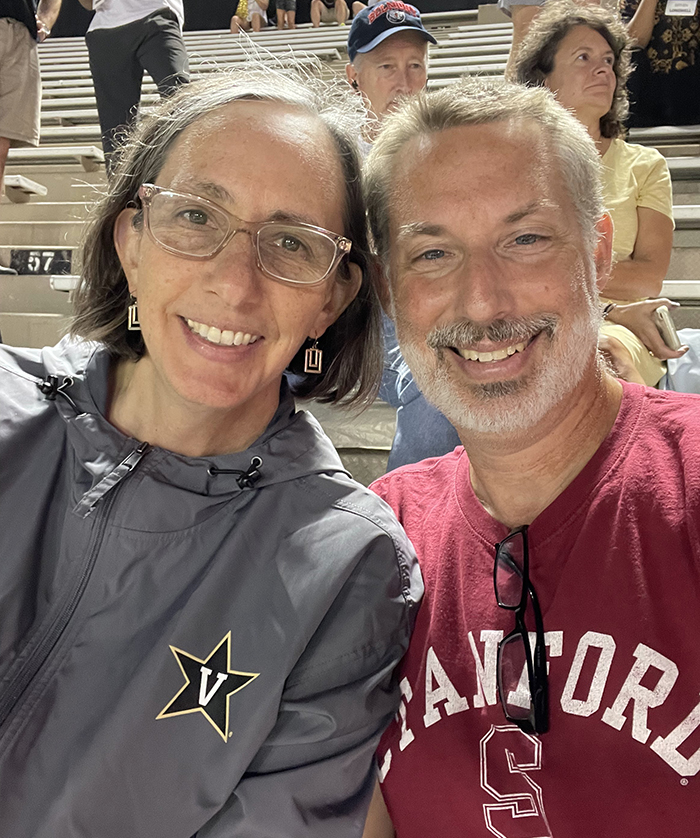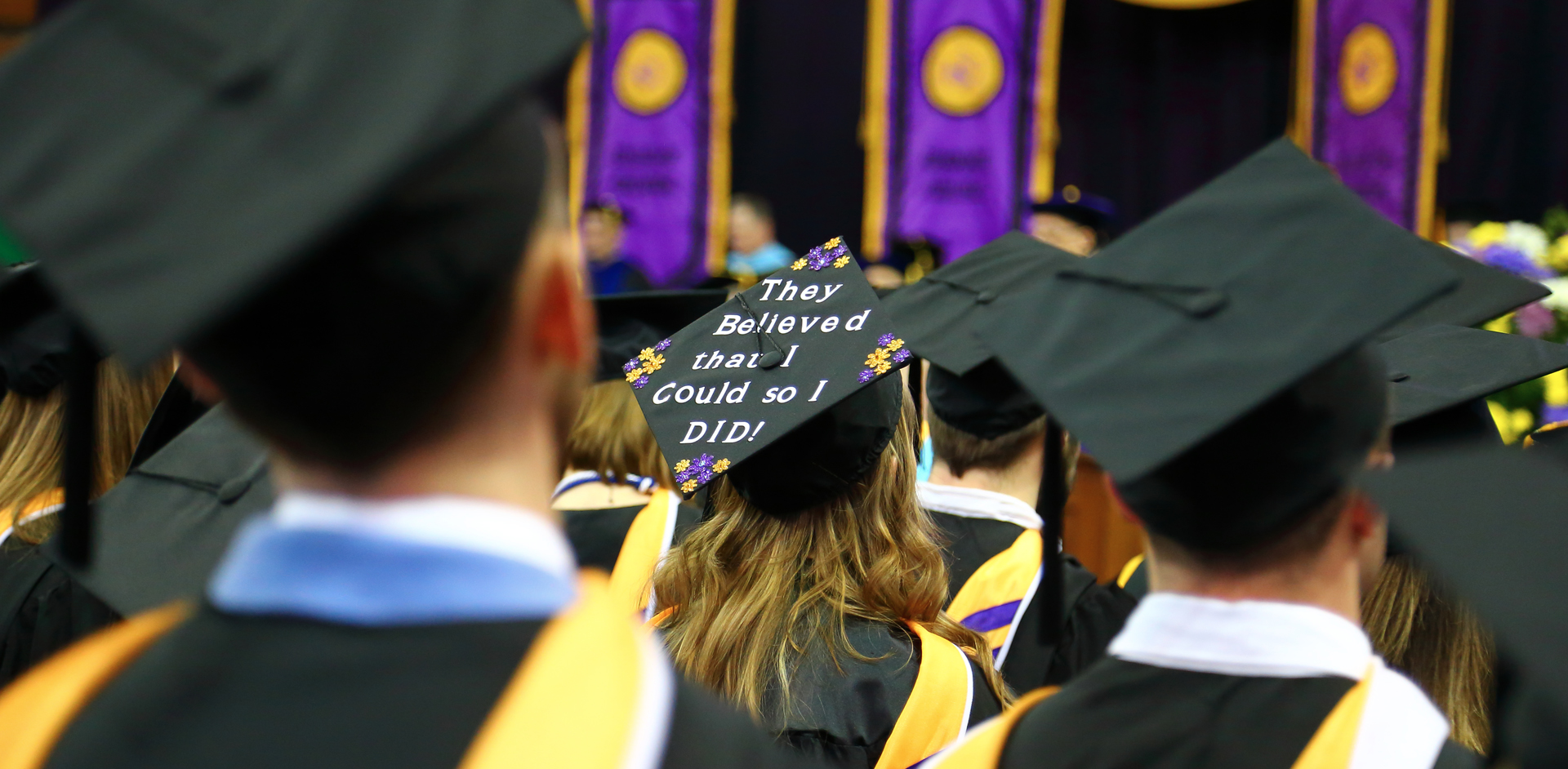Donors Support Academic Programs, Create Engaged Learning Opportunities
A special Our Tomorrow endowment incentive matched gifts benefiting music, education and science students
Music has surrounded Nancy Hagen her entire life.
Raised in a household comprising a choral director (father), private music educator (mother), professional singer (brother), and early childhood arts educator (sister), the Waverly native’s hereditary passion for the arts found her graduating from UNI in 1986 with a degree in music before embarking on a 32-year career at Iowa Public Radio that began with the classical music station, KHKE.
“Music is a healing balm. It has been an ever-present companion and powerful thread throughout my life on many levels,” Hagen said.
But in the fall of 2020, the music fell silent. Jonathan Thull, Hagen’s husband of 20 years and a longtime music educator, died that October following a long battle with multiple myeloma, a blood cancer of the plasma cells. Thull, who was 60, had spent much of his career teaching voice at both Cornell College in Mount Vernon and the University of Northern Iowa, leaving behind an extended “family” of students who benefited from his tutelage over the years.
As Hagen reflected on the best way to honor her late husband, she considered a memorial gift to her alma mater. Through a conversation with UNI Foundation staff, Hagen learned of an endowment incentive program offered as a part of the university’s Our Tomorrow campaign. The special program increases the impact of newly formed endowments by matching a portion of the donor’s pledged gift and providing immediate resources while the endowment grows.
The endowment incentive was the perfect opportunity, Hagen said. The Jonathon Thull Family and Friends Voice Endowment, established this past year, will honor Thull while providing resources for the School of Music to use flexibly in support of engaged learning opportunities such as performances, auditions or for productions under the direction of a visiting artist.
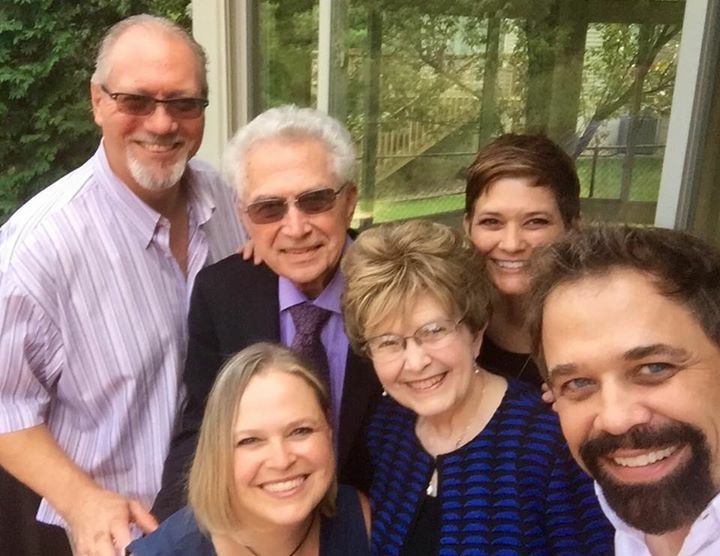
Back, from left: Jonathan Thull, Nancy’s father Alan, who earned an M.A. from UNI in 1972, her sister, Carol Daubs, ‘89; Front, from left: Nancy Hagen, ‘86, her mother Patricia, and her brother John, ‘87.
I feel that Jonathon had so much more to give and so this is a way for the ripples to continue flowing forward. And we’re able to do this at an institution where he really got to flex his creative muscles and be surrounded by really good people.
A.J. Plummer, ‘09, is one of Thull’s former students who supported the memorial fund. Throughout his time at UNI, Plummer spent countless hours in the studio with Thull learning about music, vocal performance and – perhaps most importantly – life.
“Jonathon really was the epitome of not just professionalism, but of an artist; of what it looks like to be an artist pursuing their craft and pursuing their work and helping everybody to love and appreciate the beauty of that craft and that art,” Plummer said.
Plummer said the endowment will ensure Thull’s “legacy of tremendous teaching” continues.
“He really engaged all the different aspects of my brain and my interest and my love of music,” Plummer said. “There are some people who point to the brilliance all around us. And for me, Jonathon was one of those people.”
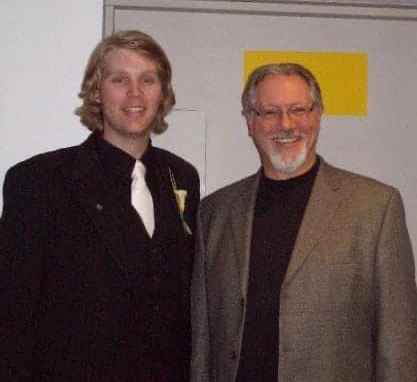
Our Tomorrow Endowment Incentive
Over the past two academic years, the endowment incentive supported 46 endowed funds totaling more than $2.7 million. The special program increased the impact of newly formed endowments by matching a portion of the donor’s pledged gift and providing immediate resources while the endowment grows.
“The endowment incentive program was about strategically allocating resources to help donors make their generosity go further – to help them create a legacy that benefits the university not just in the short term, but across generations," said Jim Jermier, president of the UNI Foundation. “Growing our endowment is vital to the future of the university and to the foundation’s ability to provide steady funding for our faculty, staff and students to do their amazing work.”
Marie (Hays) Burke Endowment Fund for Excellence
Much has changed since Marie Burke graduated from UNI (then Iowa State Teachers College) in 1961. For one, her former Bartlett Hall dorm room has since become faculty offices. Some traditions, too, have changed – Burke recalls that she and her fellow first-year students would sport purple and gold beanies as a social rite of passage on campus.
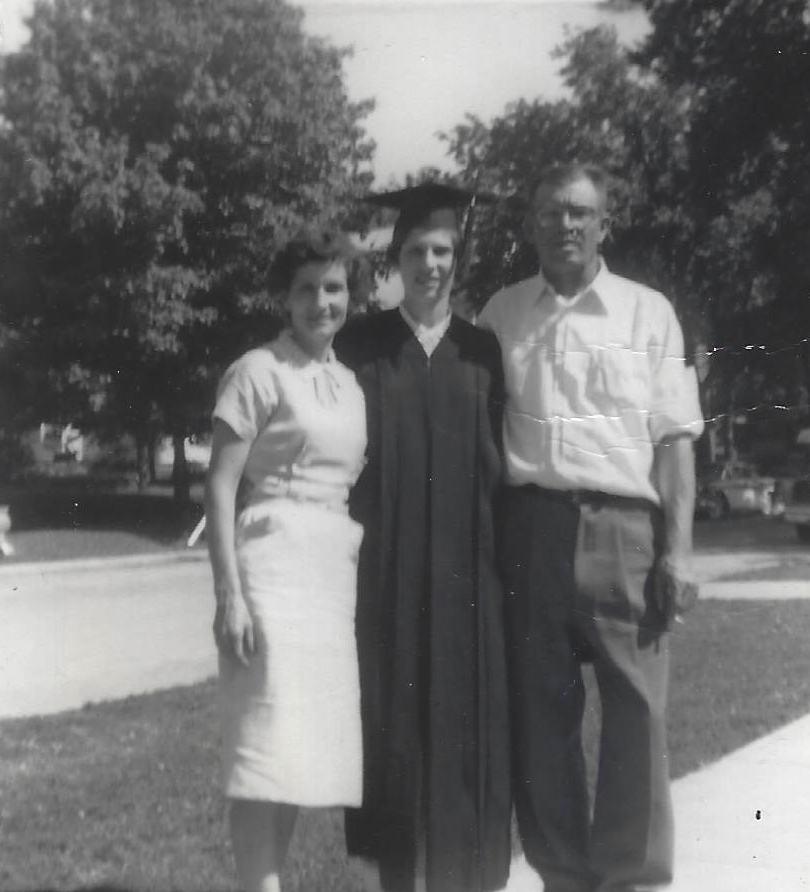
Burke also described the process of signing up for classes, which involved gathering in a gymnasium for a career-fair style event. The students would approach their professors and use a punch card system to claim their seat. Once the last of the cards was punched, the class was full.
“Controlled chaos,” Burke laughs.
But what hasn’t changed, the Colfax native maintains, is students’ need for financial support. Graduating with degrees in early childhood education and library science, Burke said her education was made possible through a state-sponsored scholarship as well as assistance from her brother, who was working full-time.
“UNI was a formative experience for me,” said Burke, who would go on to earn two additional advanced degrees and spend more than 30 years as a librarian, counselor and educator. “I got to do so many great things in my life because of my time in Cedar Falls.”
Retired and now living in Florida, Burke is giving back through an endowment fund to support engaged learning and other experiences for students in the College of Education. Matching dollars through the endowment incentive program means the fund will provide immediate resources for the college in the coming academic year as the endowment grows.
“If this fund enables somebody to have educational opportunities they wouldn’t have been able to otherwise – I find that very rewarding,” Burke said.
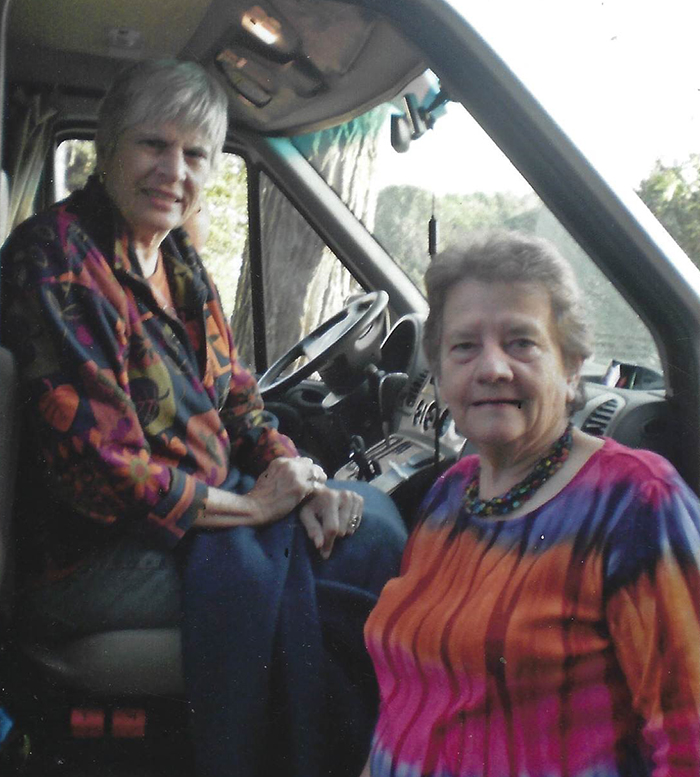
Rathmell Chemistry & Biology Endowed Undergraduate Research Fund
One way in which UNI sets itself apart is by facilitating opportunities for students to get hands-on, professional experiences – often from the outset of their first semester.
In the sciences, as well as other programs across campus, applied research gives students the chance to dive in and make discoveries alongside faculty and peer mentors. Jeff and Kimryn Rathmell, both 1991 graduates, say that these foundational experiences shape and mold students in untold ways. Before they became distinguished scholars and scientists themselves, the Rathmells too were undergraduates working away in the labs of McCollum Hall.
“Very few students, and this is true nationally and not just in Iowa, have had much exposure to real discovery science,” or conducting experiments in a research-oriented lab setting, explained Jeff, who is a professor of pathology, microbiology and immunology and director of the Vanderbilt Center for Immunobiology. “Giving students that opportunity to see what it's like – it’s going to help them no matter what they do and giving them that opportunity early on can open doors.”
Kimryn, who is chair of the Department of Medicine at Vanderbilt, was recently elected to membership in the National Academy of Medicine – a prestigious, non-governmental organization that advises the nation and the world on important aspects of medical science, health care and public health – and the American Academy of Arts & Sciences. She said her undergraduate research experience at UNI was distinguished by student-focused, attentive faculty.
“Undergraduates are exploring – there are so many different directions they can go. But it takes an opportunity for them to turn into scientists or get them on the path to a STEM career.
“It’s really one of the most rewarding things that you can do: to discover new things,” she added.
“I definitely see myself in these students today,” Kimryn said.
Together, the Rathmells established a fund to provide stipends for students in biology and chemistry to participate in a summer-long research experience with faculty at UNI. Each of them benefitted from summer research opportunities while they were undergraduates; incidentally, it was how they first got to know one another. Kimryn joked that she vied for a lab assistantship position to ultimately spend more time with Jeff.
“I don’t know about that, but I do remember Kim and I met in a study group in a biology 101 class my first semester at UNI,” Jeff laughed. And the rest is history.
On a more serious note, the couple say their ultimate goal is to break down barriers and encourage more students to consider STEM fields.
“I’m sure it comes from my general worldview, but when I look around I see science underpinning everything we do,” Kimryn reflected. “Our future needs far more people who are science-literate. Our world needs more scientists … to make progress on our most pressing challenges.”
